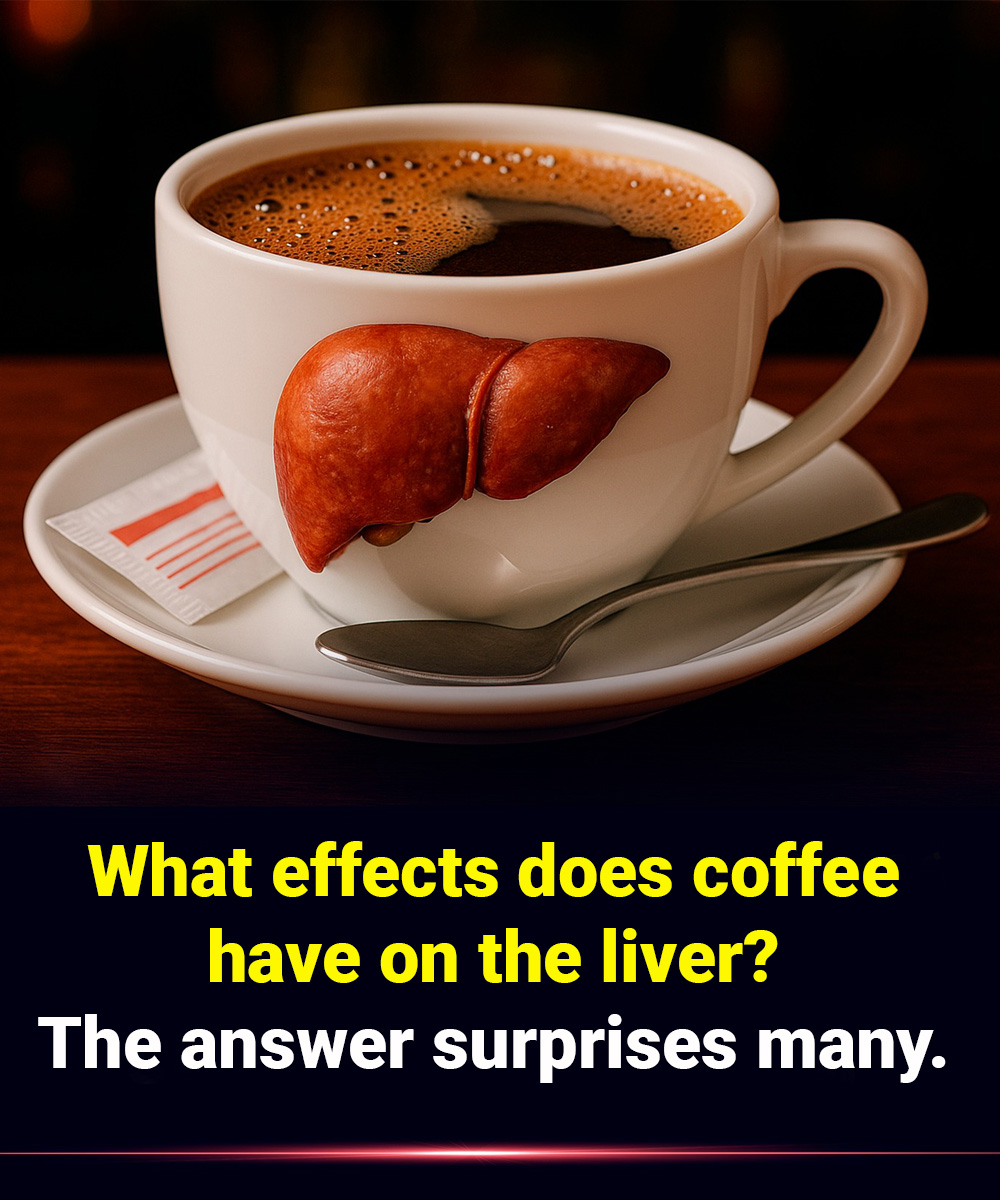ADVERTISEMENT

ADVERTISEMENT
What effects does coffee have on the liver? This is what science says.
Do all types of coffee offer the same benefits?
Not all preparation methods or types of coffee have the same profile of bioactive compounds. Filtered coffee (for example, Americano) may have certain advantages over Turkish coffee or espresso, as the ground coffee is consumed directly from the ground coffee, which may contain other components with unknown impacts on liver health. Furthermore, the addition of refined sugar or creamers rich in saturated fats may counteract some of coffee’s potential benefits for the liver.Buy vitamins and supplements
Regarding the difference between caffeinated and decaffeinated coffee, most studies show a more marked protective effect for caffeinated coffee, although decaffeinated coffee has also demonstrated benefits, likely linked to its antioxidant and chlorogenic acid content.
How much coffee is recommended?
Most scientific research points to a safe range of coffee consumption of between two and four cups per day for the general population, which could help liver health without significantly increasing the risk of adverse effects.
Buy vitamins and supplements
However, excessive intake (more than six cups per day) could be associated with a higher risk of cardiovascular or nervous disorders, especially in people sensitive to caffeine. Each body responds differently, so it is essential to listen to your body and, if you suffer from advanced liver disease, consult a healthcare professional.
Precautions and Special Populations
Pregnancy and Breastfeeding: It is recommended to limit caffeine consumption to less than 200 mg per day, equivalent to about two cups of coffee, to prevent potential risks to pregnancy.
People with sleep disorders or anxiety: Caffeine can exacerbate symptoms of insomnia, nervousness, and palpitations, so moderate consumption or substituting with decaffeinated caffeine is recommended.
Pharmacological Treatments: Certain medications can interact with caffeine. If in doubt, it is always advisable to consult a doctor.
ADVERTISEMENT
